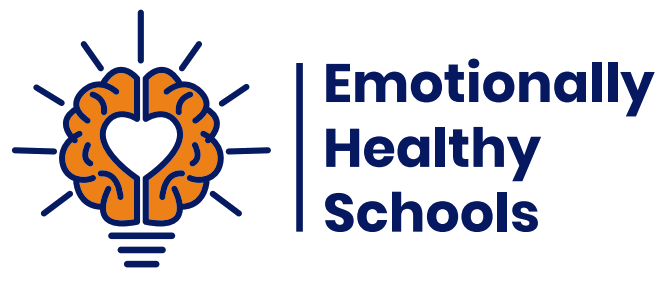How have your roles changed since the school closures?
We were working as learning assistants as well, which we’re not doing any more. We’re still doing breakfast club and now we’re doing midday, but the set-up is different and we haven’t got as many children. Play is different because they’ve all got their own zones and different time slots for eating. Children have their own tables to eat on at breakfast club. At the beginning, it was very, very lonely and quiet. The numbers dropped significantly for breakfast club. We can’t interact with the children as much as we used to, as we can’t get as close.
There was one child sitting at a table on her own, looking really down and we asked are you ok? The child burst into tears. We can’t just say ‘ah, go and sit on that table with so and so’, which is hard. But what we did, was we shuffled the tables around so that she was near to children of her own age and then they could talk over the tables. It’s hard to watch them alone and looking lonely. We try not to hug them and the older ones know we can’t, but the little ones do need it sometimes. We keep talking to them, try to find ways to keep them interacting but not being too close.
What measures do you think have been most important in managing the emotional wellbeing of your school during the closures?
Keep it as normal as we can, whilst still keeping everything in place that we need to be doing. Especially for the little ones who don’t quite get it. Emotionally, they need normality, like familiar faces. Some have been coming since the start of lockdown and we have been doing breakfast club every morning, which means they are used to seeing us each day.
This one child was really excited when she thought her friends were coming back, but then a lot of her friends didn’t come back and some were in another pod and she found that hard. She’s not got the same teacher and she’s not seeing all of her friends, but we’ve been there consistently with no time off, so we’ve been her normal because we’re the ones she’s seen every day.
What measures do you think will be most important to maintain/ initiate on return to school?
We have to keep washing hands, keeping good hygiene, sanitising, trying to keep distance, although some children can’t. It’s helping that they have the same teacher and in pods with the same children, not necessarily in their class, but children their age again. They also love to go out and play on the playground. The playground is zoned off, but they still have the space to run around and be children, which is really important.
What has been most important in managing your own/ your family’s mental health during the lockdown period?
Staying in work, going to work every day, having that routine has helped. We were bored for the rest of the day, as we couldn’t go anywhere else. We live together and so we are not alone. Making everything normal for the children has meant that we just got on with it as normal as we could.
